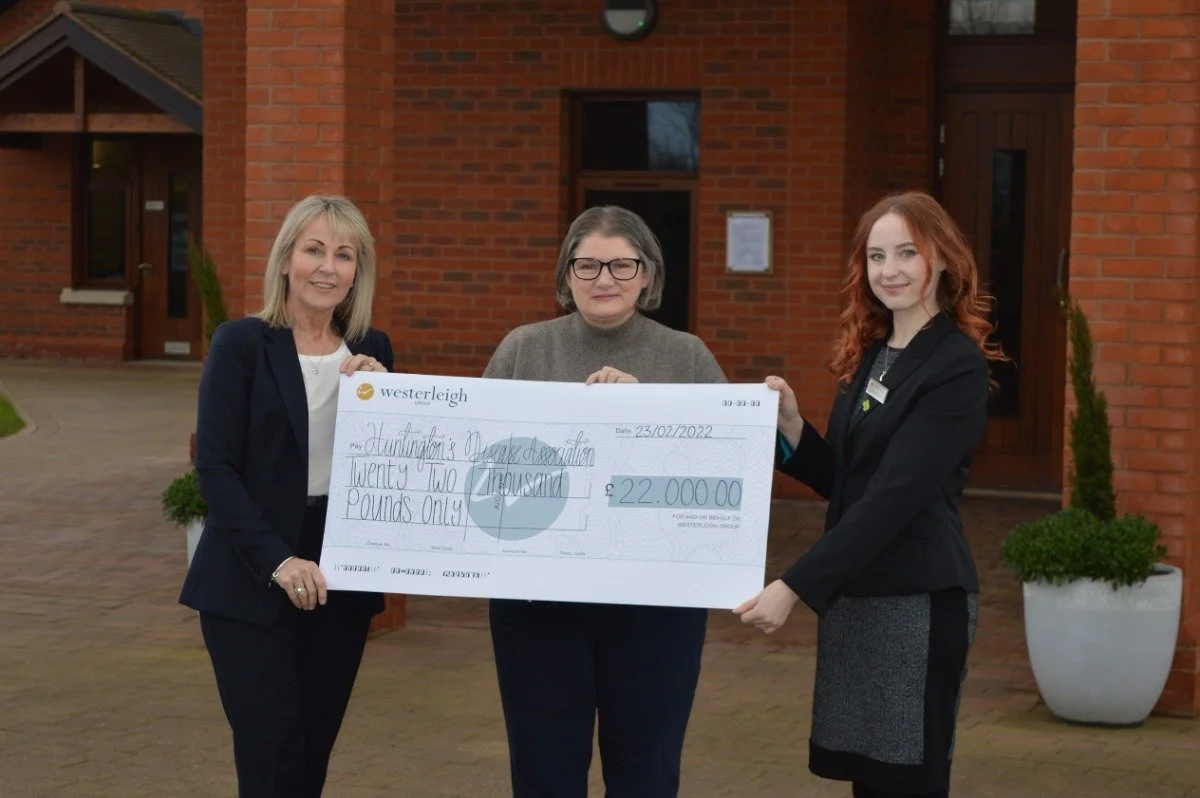When making your wishes known is a 'profound act of kindness’
It is a sad irony that Mireille Hayden was forced to watch her father in pain and physically restrained for his own safety as he approached death when it could all have been so different.
Her father, like 93% of the population, had made no record of his wishes and preferences for the care he would like at the end of his life, and his family left to assume what he would have wanted.
For Mireille, who runs Islington-based, Gentle Dusk, an organisation that raises awareness of the importance of end-of-life care planning, witnessing her 78-year-old father’s obvious distress was almost unbearable.
“My dad had had a series of strokes before the first lockdown, so severe that he ended up with progressive dementia,” said health psychologist Mireille.
“In November 2021, I got a call to say he was very unwell and about to die.
“By the time I got to him – he lived in central France – he was being treated medically to prolong his life even though he was obviously in his final days.
“He was restrained to the bed because he was so agitated; the scene was not for the faint-hearted. It was desperately sad and not what he would have wanted.
“Nobody wants to die like that. It was not humane. It was not dignified.”
Mireille whose organisation works with individuals, the NHS, and private and voluntary sectors across the UK, eventually managed to secure a palliative care bed for her father in the same hospital.
“There he was treated more holistically, given better pain relief and medication for agitation, and had his restraints removed. He died a natural death peacefully three days later.”
Poignantly Mireille, who has 20 years’ experience developing end of life care and palliative care services, had been unable to persuade her father to state his end of life wishes when he was well.
“I did try having that conversation with my dad, but like many people, he refused to even discuss the matter. He would not talk about anything emotional at all.
“Such conversations are difficult but if you make end of life plans and share them with your family, the better chance you have of dying in a place of your choice and with better end of life care.
“A soft death and a loving death are the best gifts you can give to your loved-ones. What I would describe as a profound act of love.”
She founded the Gentle Dusk organisation back in 2011 in response to the death of her mother who suffered a stroke when she was 67 and was bedridden and fed through a tube for two years.
“With my background developing end of life care and palliative care services, I did raise the subject with my mum before she had her stroke.
“Her response was “What are you after? I’ve got years and years to go and I’m fine” and that was literally one or two years before she had her sudden severe stroke.
“I know from experience that it can be extremely difficult to bring up the subject. People need permission to talk about it, to make it okay to have that conversation.”
Gentle Dusk has a free advance care plan template on its website for people to fill in and print out, where they can state their wishes and preferences for care in the future and at the end of their life.
“This can be an act of kindness to the people they leave behind.
“There can often be conflict when a loved-one is approaching the end of their life, often because everybody's very distressed and angry at losing a person so dear to them.
“Sometimes people direct that anger at their siblings or the other parent, with one member of the family perhaps pushing for one side and another for the other.
“If you haven’t stated your wishes, then the more likely it is that conflict will occur and that brings more distress to your loved-ones that you are leaving behind.”
Mireille says it is never too early to plan and the closer a person gets to the end of their life the more difficult it is to have those conversations; currently just 7% of people have a plan in place.
“In my own case, the death of my mum broke us up as a family which was desperately sad. We disagreed about a lot of her care, and her place of care, and how to treat her.
“We were in a lot of pain so there was a lot of anger against each other; our memories are tainted with those moments, when it could have been so different.”
Gentle Dusk offers a range of training courses for health and social care professionals and for the public to gain skills and confidence initiating difficult conversations.
The organisation also hosts regular events, including Death Cafés, providing individuals the opportunity to talk openly about dying and death.
For more information visit: www.gentledusk.org.uk






